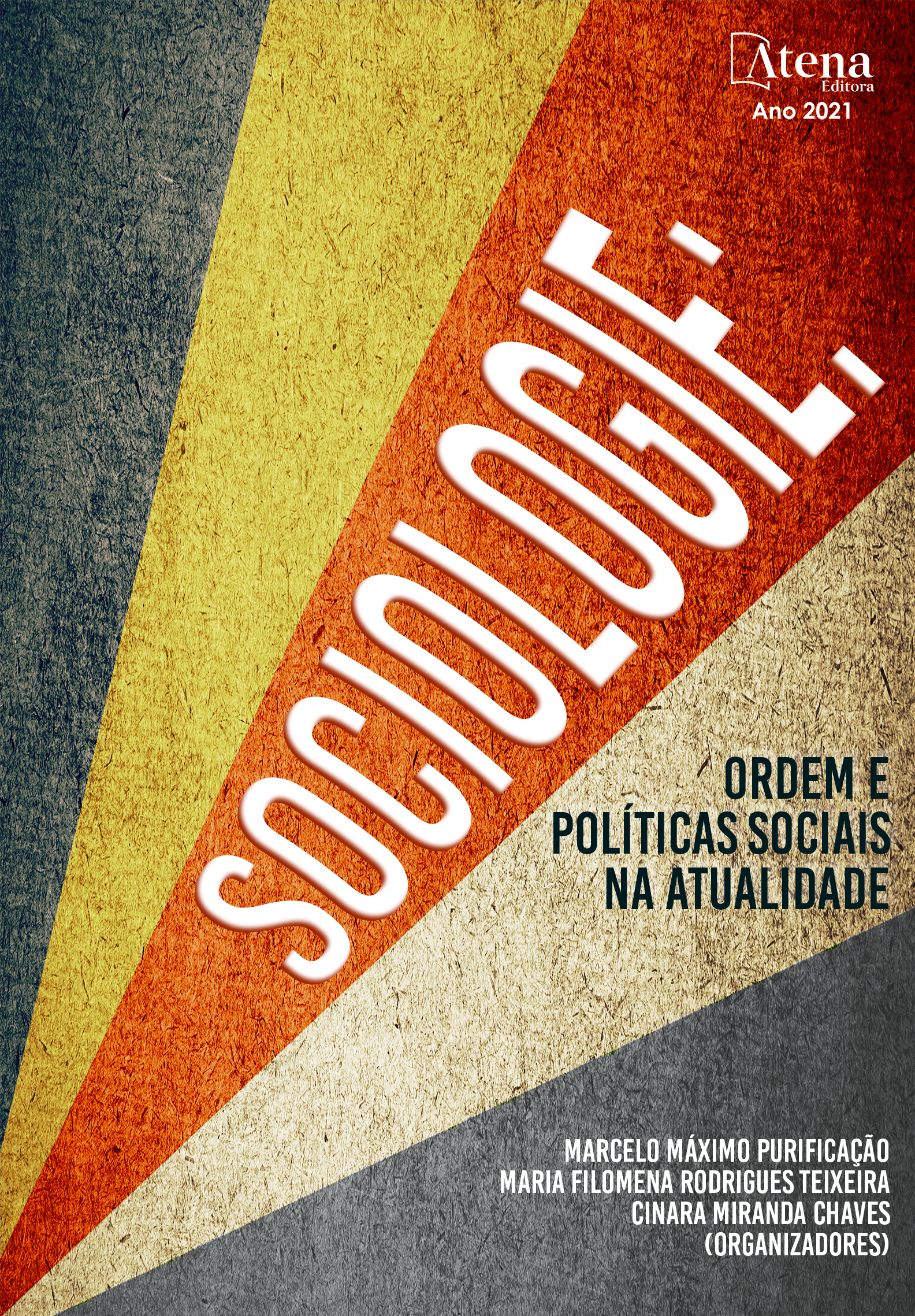
El Nuevo Código Civil y Comercial de la Nación en Argentina y los Cuidados Familiares: posibilidades de pensar las políticas públicas desde el giro decolonial.
O documento apresenta os resultados finais do Projeto de Pesquisa Bienal - Período 2016-2018 intitulado "O cuidado da família como um problema público à luz do novo Código Civil e Comercial da Nação: Escopo simbólico e material nas práticas institucionais e políticas públicas: ¿Uma virada descolonial? Uma perspectiva emerge no Trabalho Social e torna possível pensar a questão social e as políticas públicas a partir da virada descolonial, para entender "...a questão social como produto não só do capitalismo, mas da colonialidade do poder (e gênero), implica o reconhecimento da relação enredada e complexa entre exploração-domínio-conflito no sistema-mundo capitalista - patriarcal - moderno - colonial..." (Barreto, E. 2014). (Barreto, E. 2014:202). Através de um estudo qualitativo exploratório e descritivo, investigamos o alcance material e simbólico do novo Código Civil e Comercial da Argentina (CCyC) nas políticas públicas, práticas e territórios relativos ao cuidado da família na província de Mendoza, Argentina. É essencial questionar nossos conhecimentos, práticas institucionais e profissionais ligadas ao cuidado da família e nos perguntarmos sobre o que significa assumir a virada descolonial no entendimento do CCyC, seu escopo e implicações. Da perspectiva das Epistemologias do Sul e de uma abordagem interpretativa crítica da pesquisa, ouvimos diversas vozes a fim de problematizar noções e encarnar representações sociais sobre o tema de estudo e as categorias com as quais dialoga: Gênero, Território, Práticas institucionais em sua dimensão material e simbólica, Políticas Públicas, Poder, Subjetividades, Cidadania, assumindo o compromisso de que "não se pode descolonizar sem despatriarcalizar".
El Nuevo Código Civil y Comercial de la Nación en Argentina y los Cuidados Familiares: posibilidades de pensar las políticas públicas desde el giro decolonial.
-
DOI: 10.22533/at.ed.79621291116
-
Palavras-chave: Cuidado da Família, Código Civil e Comercial da Nação, Políticas Públicas, Perspectiva Descolonial
-
Keywords: Family Care, Civil and Commercial Code of the Nation, Public Policies, Descolonial Perspective.
-
Abstract:
The paper presents the final results of the Biennial Research Project - Period 2016-2018 entitled "Family Care as a public problem in the light of the new Civil and Commercial Code of the Nation: Symbolic and material scope in institutional practices and public policies: A descolonial perspective? A perspective emerges in Social Work and makes it possible to think social question and public policies from the decolonial turn, to understand "...the social question as the product not only of capitalism, but of the coloniality of power (and gender), implies the recognition of the entangled and complex relationship between exploitation-domination-conflict in the capitalist - patriarchal - modern - colonial - world-system..." (Barreto, E. 2014). (Barreto, E. 2014:202). Through an exploratory and descriptive qualitative study we investigate the material and symbolic scope of the new Civil and Commercial Code of Argentina (CCyC) in public policies, practices and territories regarding Family Care in the province of Mendoza, Argentina. It is essential to question our knowledge, institutional and professional practices linked to family care and to ask ourselves about what it means to assume the decolonial turn in the understanding of the CCyC, its scope and implications. From the perspective of the Epistemologies of the South and a critical interpretative approach to research, we listened to diverse voices in order to problematise notions and embodied social representations about the subject of study and those categories with which it dialogues: Gender, Territory, Institutional practices in their material and symbolic dimension, Public Policies, Power, Subjectivities, Citizenship, assuming the commitment that "You cannot decolonise without depatriarchalising".
-
Número de páginas: 16
- Stella Maris Cusimano
- Laura montes


